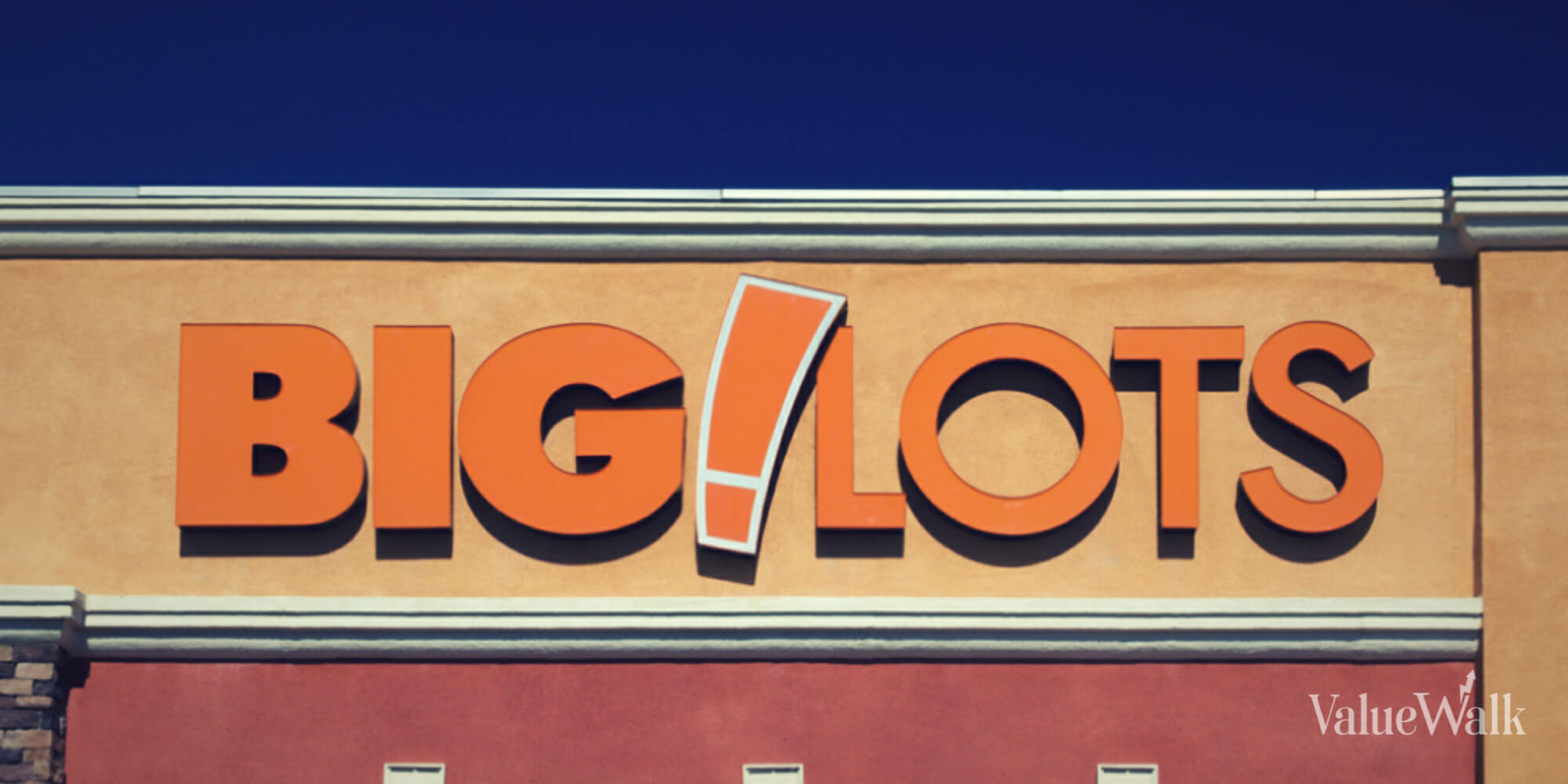Two Beaten-Down Retailers Soar on Solid Earnings, Cooling Inflation

Stocks were mixed on Thursday morning despite some more good economic news on the inflation front. The Personal Consumption Expenditures (PCE) index, which the Federal Reserve relies heavily on when making decisions about interest rates, was in line with economists’ expectations.
The PCE, which measures what consumers spend on goods and services, was up 3% in October over the last 12 months, down from 3.4% in September. The core PCE, which excludes more volatile food and energy prices, was up 3.5% last month, down from 3.7% in September. On a monthly basis, the PCE was flat while the core PCE ticked up 0.2%.
As opposed to the Consumer Price Index, which gauges what goods and services cost, the PCE measures what consumers actually pay, and it is monitored closely by the Fed. The October PCE numbers buttress hopes among investors that the Fed will stop raising interest rates.
The Dow Jones Industrial Average was up by about 290 points (0.8%) in early trading on Thursday, while the S&P 500 was hovering around flat for the day, and the Nasdaq Composite was down slightly. Some of the best performers on Thursday were retail stocks.
Victoria’s Secret and Big Lots Lead the Way
Two of the top movers on Thursday were retail stocks: Victoria’s Secret (NYSE:VSCO) and Big Lots (NYSE:BIG). While the favorable PCE report may have also provided a lift, these two gainers also benefited from solid earnings reports.
Victoria’s Secret made the biggest move, jumping roughly 16% on the day after releasing its third-quarter earnings for the period that ended Oct. 28. Even though its net sales dropped 4% year over year to $1.3 billion and it notched a $71 million net loss, those numbers fell within the guidance range.
Moreover, while the November numbers were not included in the earnings report, they show the best sales and margin results for any month in two years. The women’s apparel company is forecasting a 2% to 4% year-over-year net sales increase in the fourth quarter. The stock was trading at about $27 per share but was still down 24% year to date (YTD).
Big-box store Big Lots also posted its third-quarter earnings on Thursday, which propelled its stock 15% higher on Thursday. As of late morning, it was trading at about $5.50 per share, down 62% YTD. Big Lots generated net sales of $1 billion, which was down 14.7% year over year, but the decline was driven by a net decrease in stores compared to the third quarter of 2022.
The retailer reported net income of $4.7 million, or 16 cents per share, but that included the after-tax benefit of $133 million, or $4.53 per share, associated with gains on the sale of real estate, distribution center closure costs, and other benefits related to Big Lots’ Project Springboard cost-saving initiative. Excluding the after-tax benefit, the adjusted net loss was $128 million, which was up from $87 million a year ago, but better than anticipated.
The company has been in turnaround mode, and CEO Bruce Thorn is pleased with the progress so far.
“We are on track to achieve over $100 million of SG&A (selling, general and administrative) cost savings, prior to Project Springboard benefits for the year,” Thorn said. “Project Springboard is off to a strong start and on track to deliver $200 million of bottom-line benefits, spanning gross margin and SG&A, of which we expect a high proportion to be realized on a run-rate basis by the end of 2024.”
The company is also on pace to see improved operating earnings in the fourth quarter, the first year-over-year quarterly improvement in three years. Big Lots anticipates that its quarterly year-over-year improvements will continue throughout 2024.
Beware the retailers’ struggles
Keep in mind that these are both beaten-down retailers that have struggled mightily over the past few years. Of the two, the outlook for Big Lots is better, as the consensus price target is $6 per share, which would be an 18% increase over the current price, while Victoria’s Secret has a consensus price target of $19 per share, which would be down 20% from the current price.

Comments are closed.